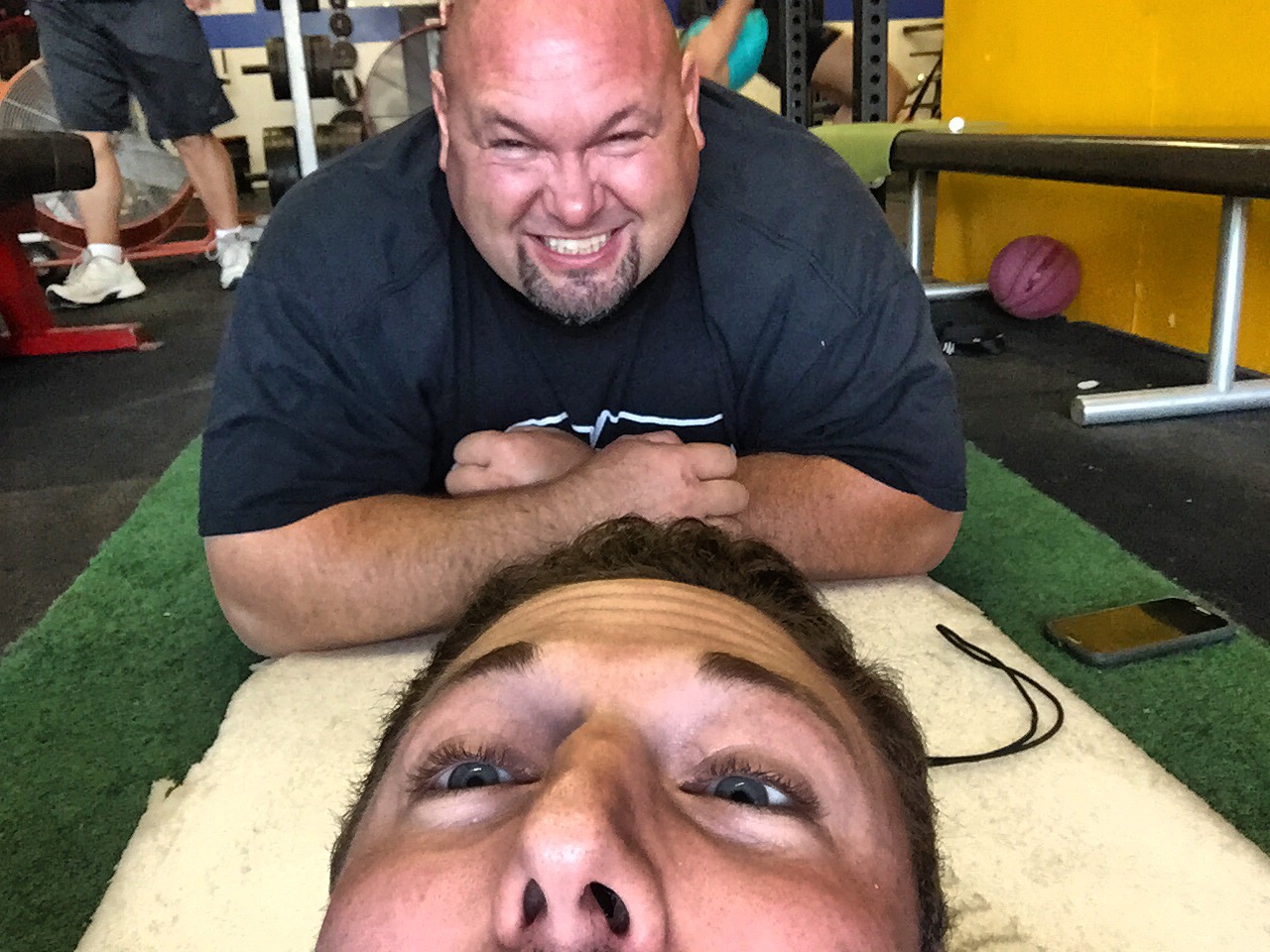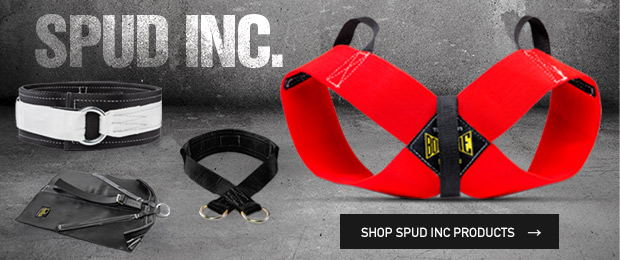
Through my weekly Q &A’s and even more so when I was actively competing, one of the most widely touched on topics centered around recovery. But interestingly, the questions always seemed to dance around the bigger picture- HOW DO YOU RECOVER? Questions came up like...
“What’s your diet like?”
“How much do you sleep?”
”Do you use massage therapy (or insert any other modality in here)?”
”What do you do when you don’t want to train?”
___________________________________________________________________________
In Part 1, I covered morning/evening routines. In Part 2 I'll touch on nutrition and recovery methods. I have an idea for Part 3, but I'll leave that TBA. Read on folks...
Daily Nutrition
Obviously this has changed since my UC diagnosis. As a result, I took an MRT test to understand what foods my body has a reaction to- I recommend blood tests for these as opposed to saliva or skin tests because the latter are less accurate. My results- fortunately only one thing came back in the red. Unfortunately that was milk, and I fucking love milk.
For the time being, my diet looks like this...
Breakfast- eggs, avocado, sourdough toast (on occasion), and some fruit.
All other meals-
8-12 oz Protein- steak, chicken thighs, or salmon
Fruit/Veggies/Salad
When I'm training hard (not really the story right now), breakfast will remain the same but the rest of my meals will look more like this:
6-8oz Protein - steak, chicken thighs, salmon
1 to 1-1/2 cups of Carbs - rice or potatoes
I'll eat anywhere from 2-4 of these meals depending on where I'm at with my weight and intensity of training. For the most part, and most of my life, I'll eat as much as I can.
If I eat out it's typically sushi, occasionally pizza, and whatever else may come up when I'm out to eat with friends/family.
Takeaways:
#1- Eat similar meals as often as possible to aid in digestion (can help you increase overall calories needed for recovery)
#2- Take an MRT test (or a food allergy test that uses blood, not saliva) to remove foods from your diet that could be causing potential inflammation that you may not even be aware of
#3- Find your balance between discipline (aka eating to fuel your recovery) and being a human being
Recovery Modalities
When I was competing, I used as many recovery methods as I could get my hands on, or body into.
Deep Tissue Massage- this has been my go-to since Goggins talked me into it years ago. It took some trial and error, but after about four massage therapists I found one that was strong enough to get through my problem areas, and willing to do what I asked- some therapists have a routine that they won't break from which can be frustrating. The woman that I've been working with through all the years is fantastic, but it took time to develop a working relationship where I could lay down and say "Patty, I need all pecs today," and for an hour or hour and a half that's all she would work on. So be patient but also find yourself a therapist who will work with you.
Sensory Deprivation Tanks- these things are so useful I decided to open my own business with them. The Epsom salt alone is a great tool. But as a powerlifter, being able to give your CNS a full on rest for one hour, or more, is irreplaceable. Try one out in your city and email me how it went- I'll give you my experience as well as some things you can do to help yourself out. cwilliamsstrength@gmail.com
Binaural Beats- Go to Spotify, get yourself some headphones, and use these playlists to relax, focus, sleep, etc.
Meditation- this is new for me but Emily Fletcher and Joe Dispenza are good reads if you're interested in going down that road. I would recommend them over any of the apps that are available.
Chiropractic/ART - I mention these together because most chiro's I've gone to use them together. Good for specific problem areas or when something gets really out of wack.
Body Tempering- self deep tissue massage, basically.
Band inversions- buy yourself a Spud Inc Big Ray Strap
https://www.elitefts.com/spud-inc-big-ray-strap.html
My offseason routine typically involves a massage every 2-3 weeks, a float every 6-10 weeks, and body tempering/band inversions 2-3 times per week.
As I would start to prepare for a meet, all of that would intensify. I would get a deep tissue massage 1-2 times per week. I didn't dedicate the time (but should have) to floating once every 10-14 days- it was a matter of convenience/location. And chiropractor/ART if I had something really fucked up. Along with body tempering and band inversions almost every training session.
Takeaways:
#1- Find what modalities work BEST for YOU. Everyone will be different.
#2- Dave taught me this years ago- you have to rotate your recovery methods just the same as you training otherwise you'll adapt and that THING that fixed you will stop being as effective as it once was.
#3- Placebo still means it works. If it makes you feel better, keep doing it.









